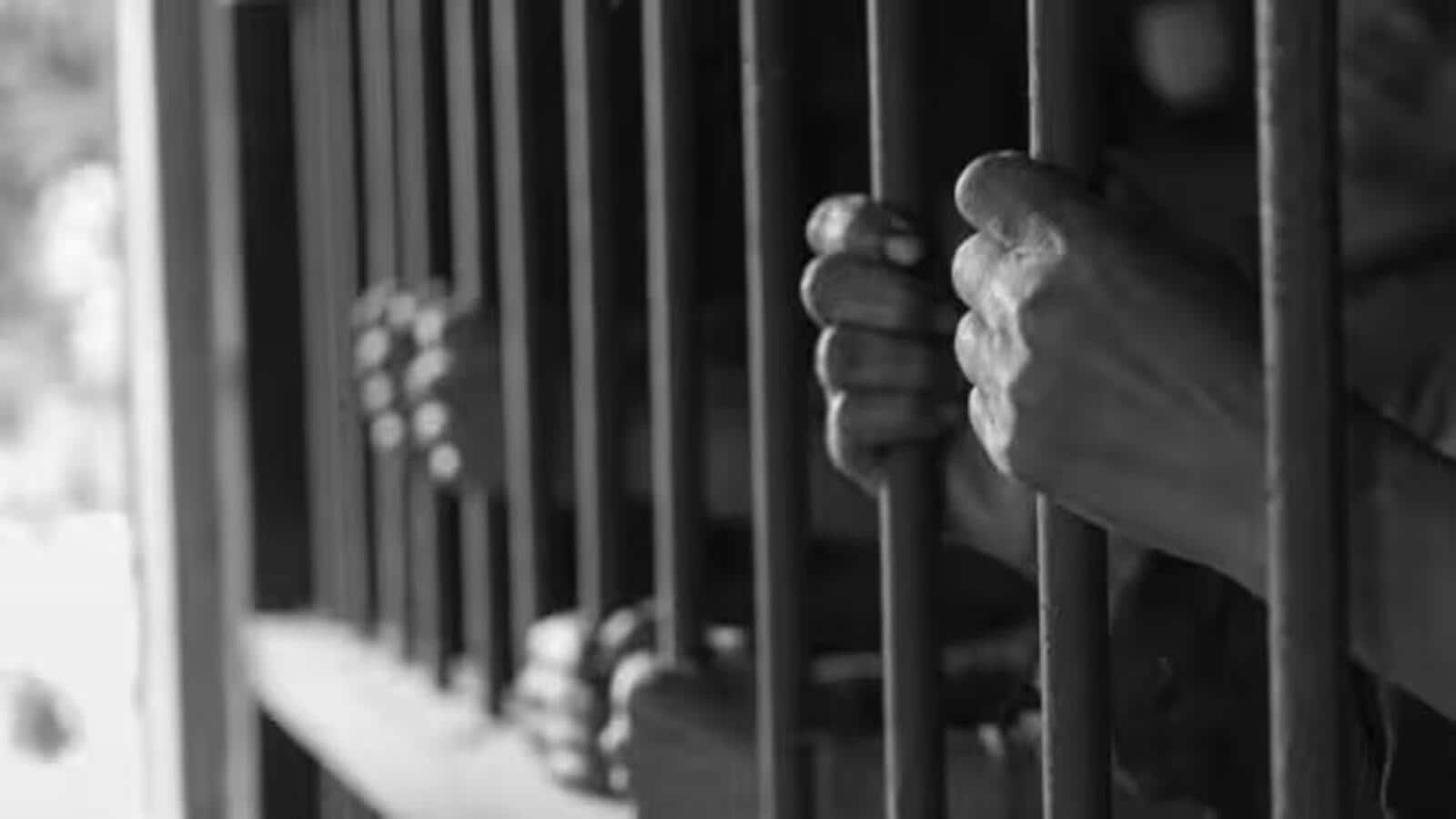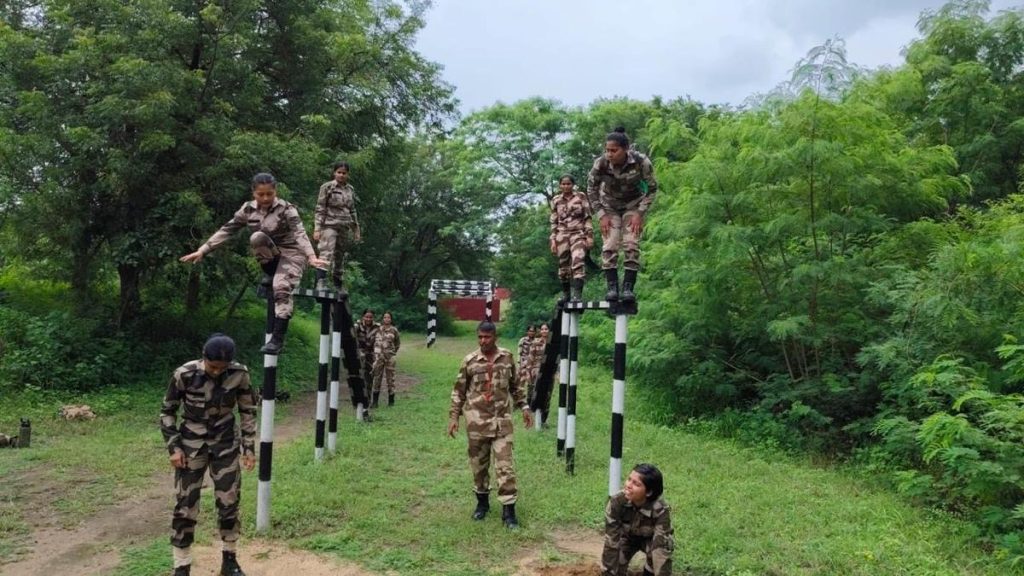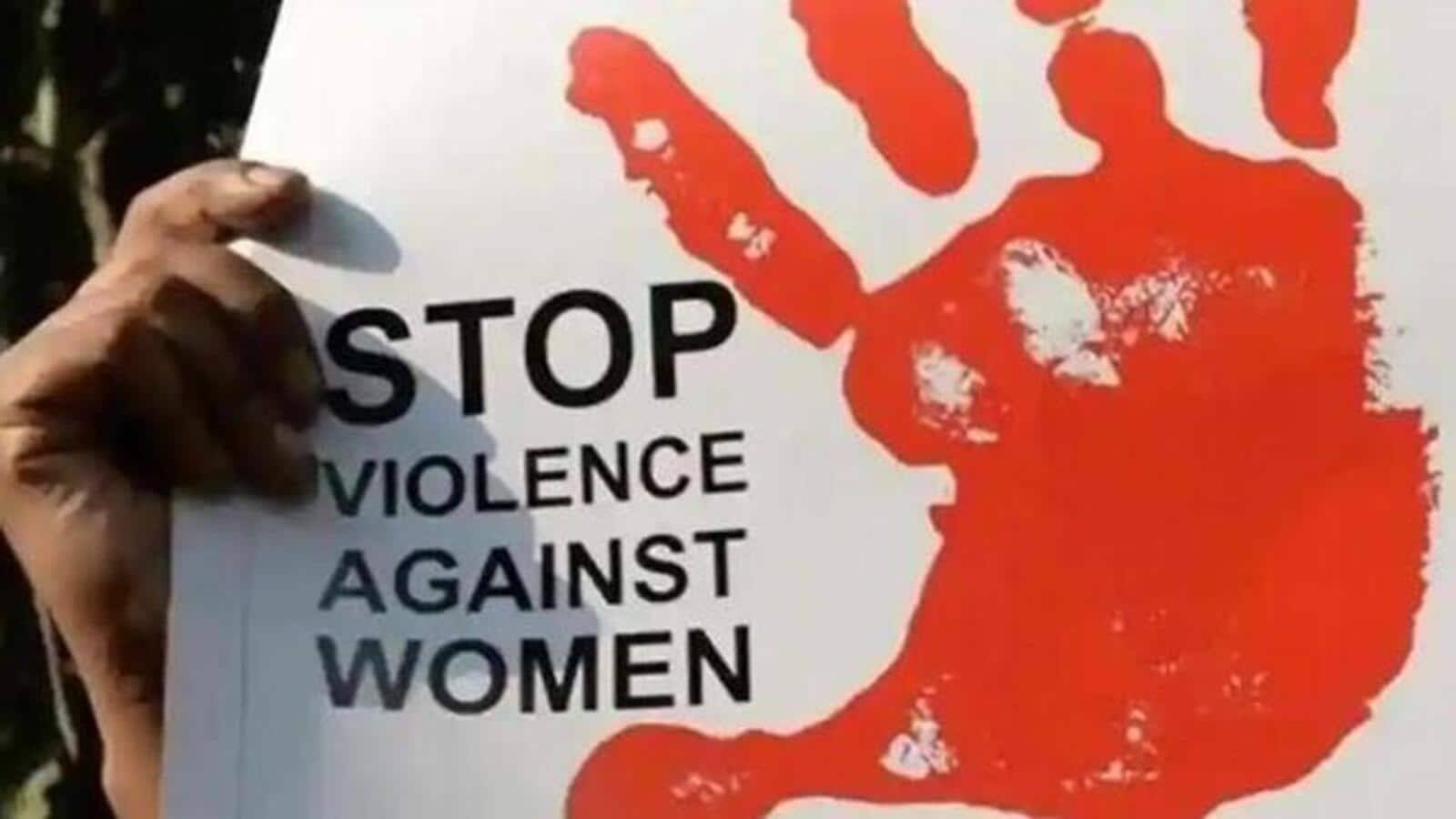Now Reading: Pregnant Bengal Woman and Family Jailed in Bangladesh After Alleged Border Pushback
-
01
Pregnant Bengal Woman and Family Jailed in Bangladesh After Alleged Border Pushback
Pregnant Bengal Woman and Family Jailed in Bangladesh After Alleged Border Pushback

Quick summary
- Incident: An eight-month pregnant woman, Sunali Khatun, from Birbhum, West Bengal, along with her husband Danish Sheikh and their 8-year-old son, was allegedly “pushed back” into Bangladesh after being held by Delhi Police and labelled as illegal Bangladeshi nationals.
- Family Concerns: Sunali’s family last spoke to her on August 3 via a borrowed phone in Bangladesh.They are unaware of the family’s current situation but are worried about the nationality of the child if born in Bangladesh.
- Background: Another woman from Birbhum, sweety Bibi, and her two minor children also faced a similar situation. Both families reportedly worked as ragpickers or domestic help in Delhi.
- Legal Status: The six individuals were arrested at Chapainawabganj in Bangladesh near the Indo-Bangla border and sent to jail custody after court proceedings on Friday.
- Political Response: Trinamool Congress Rajya Sabha member Samirul Islam assured that efforts are underway to bring back both families with full state support.
- Previous Incident: A similar case involved Amir Sheikh from Malda who was allegedly pushed into Bangladesh but later returned to India amid disputed claims concerning his cross-border movements.
Indian Opinion Analysis
The alleged “pushback” incidents reflect broader challenges surrounding undocumented migrants and border management between India and Bangladesh. While such cases highlight individual human rights concerns-especially regarding vulnerable populations like pregnant women-the administrative aspect raises questions about verification procedures for determining nationality. The involvement of law enforcement agencies like Delhi Police underscores potential gaps in due process while dealing with those presumed without valid documentation.
Additionally, these events have social implications for migrant workers from underprivileged backgrounds who often move across states or borders seeking livelihood opportunities. Political interventions to resolve similar issues could enhance transparency within border protocols while addressing humanitarian considerations systematically. India’s bilateral coordination with neighboring countries also becomes crucial around such matters to prevent needless diplomatic friction.




























